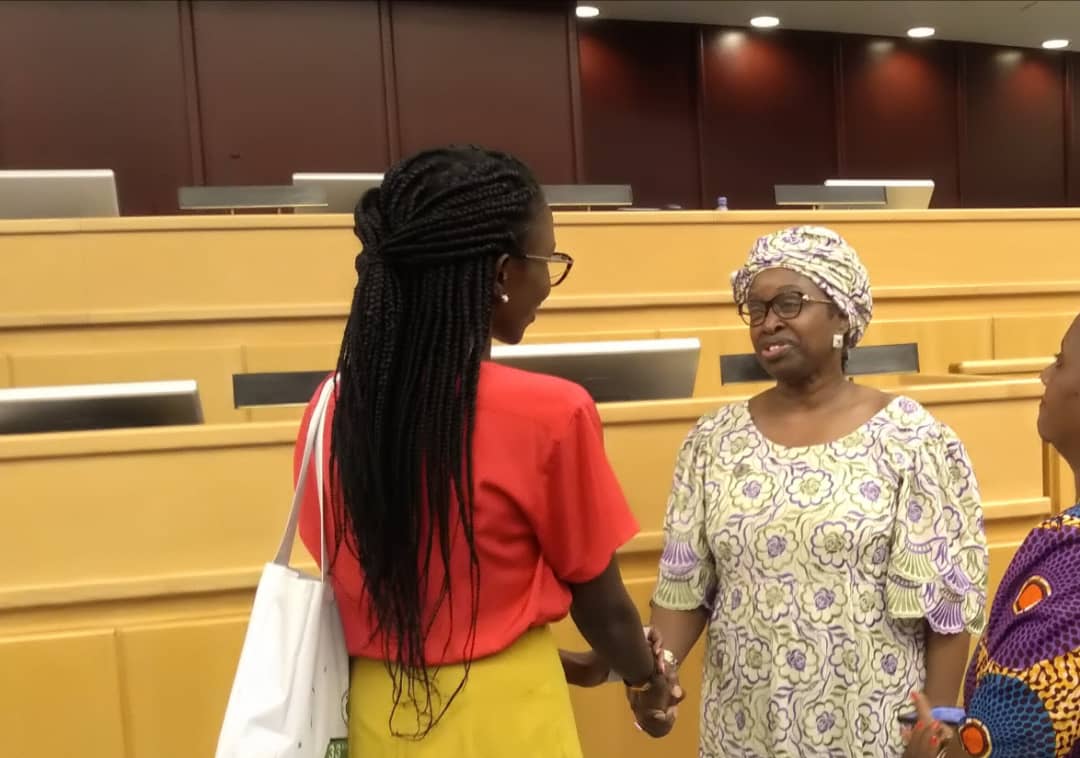Women’s bodies are the first site of violence in situations of conflict and forced displacement. They become the currency of trade, to be exchanged for men to assuage fantasies of power and for access to basic goods needed in emergency situations. The atrocities of sexual violence including rape, sexual exploitation and slavery during conflict are now considered heinous enough to be considered crimes against humanity. Subsequently, a slew of legal and policy frameworks have been developed to respond to the almost indescribable and inhumane atrocities of rape. Some of the frameworks include the Kampala Declaration on Sexual and Gender Based Violence, and the Goma Declaration on Eradicating sexual violence. It would therefore follow that emergency response would use a gender lens to respond to the disproportionate number of women experiencing sexual violence. The situation on the ground could not be further from this. I would dare to say that sexual violence is the biggest visible and yet still invisible crisis facing women in forced displacement. Visible because of the number of legal and policy documents developed in response. Invisible because women’s experiences are not heard, since there are no structures to respond to cases of sexual violence. We are drowning laws and policies and dying of thirst when it comes to implementation.
An experience from Rhino Camp in Uganda
Women and girls are sexually assaulted during conflict, in transit, and in settlements. Sometimes they are abused by the very people who are supposed to protect them, soldiers and other people within the camp. Sometimes when they venture out from the settlements into host communities to look for firewood, they become targets of sexual violence. After all, who will they report to? If women in host communities cannot access justice, how much harder for refugee women and girls, living at the mercy of an adoptive country?
A woman who experiences sexual violence and goes so far as to report has to consider the repercussions from the perpetrator who lives in close proximity. She has to consider the odds of having her case listened to. If the last case reported resulted in no justice, she’s less likely to consider reporting. Although gender desks have been established in some camps as a platform for women to report, the fear and shame that weighs down on survivors at the prospect of sharing their experiences through an interpreter also keeps them at bay.
How do we change this narrative?
- As long as we do not have the numbers, we shall never know the true scale of sexual violence. If we do not know the true scale of sexual violence, we can never respond adequately to it. We need to develop our own homegrown data, in the same way we’re harvesting data with indicators of the Solemn Declaration Index. Data is the only thing that will make the scourge that is sexual violence visible.
- Revision of policies to align with regional and international policy frameworks buttressed by political will, as well as building institutions and capacities of duty bearers to respond to sexual violence in forced displacement. Uganda’s Refugee Act of 2006 which has been roundly praised for being open and welcoming to displaced people, mentions rape once and only in passing when describing “gender discriminating practices” under the article on the rights of women refugees. There is actually more ink spilled on delineating how to allocate land to refugees.
However, all of this will come to naught without resources.
Sometimes some of these resources dedicated to fighting Sexual and Gender Based Violence (SGBV) are subsumed under Ministry of Gender budgets and just a pittance is dedicated to fighting Gender Based Violence (GBV). I think the Abuja declaration gave us a benchmark for holding governments accountable by prescribing what percentage of our budgets should be dedicated to health. Perhaps it’s time we did the same to resource GBV and SGBV in particular.
They say you can only live three or four days without water. And just few more without food. We need to ask ourselves, how much longer a Survivor of sexual violence lives after being raped in the most violent way imaginable. Some Survivors say that they stop living from the moment the violent act happens. So as we make a case for the indispensability of food and water in refugee and Internally Displaced People’s camps, resources to respond to sexual violence should also be non-negotiable. Because to live without dignity is not to live at all.
